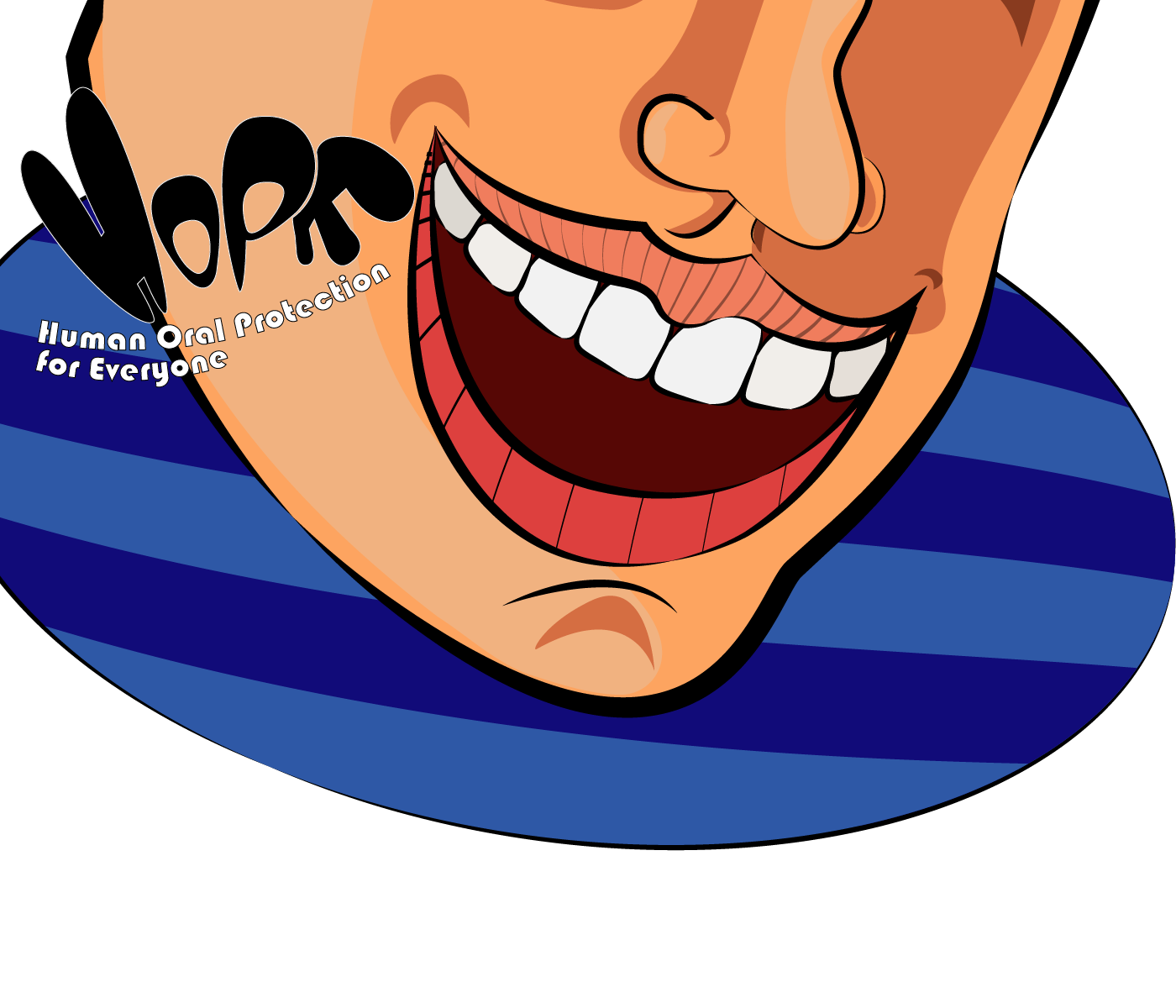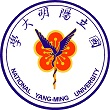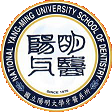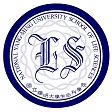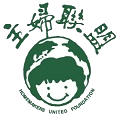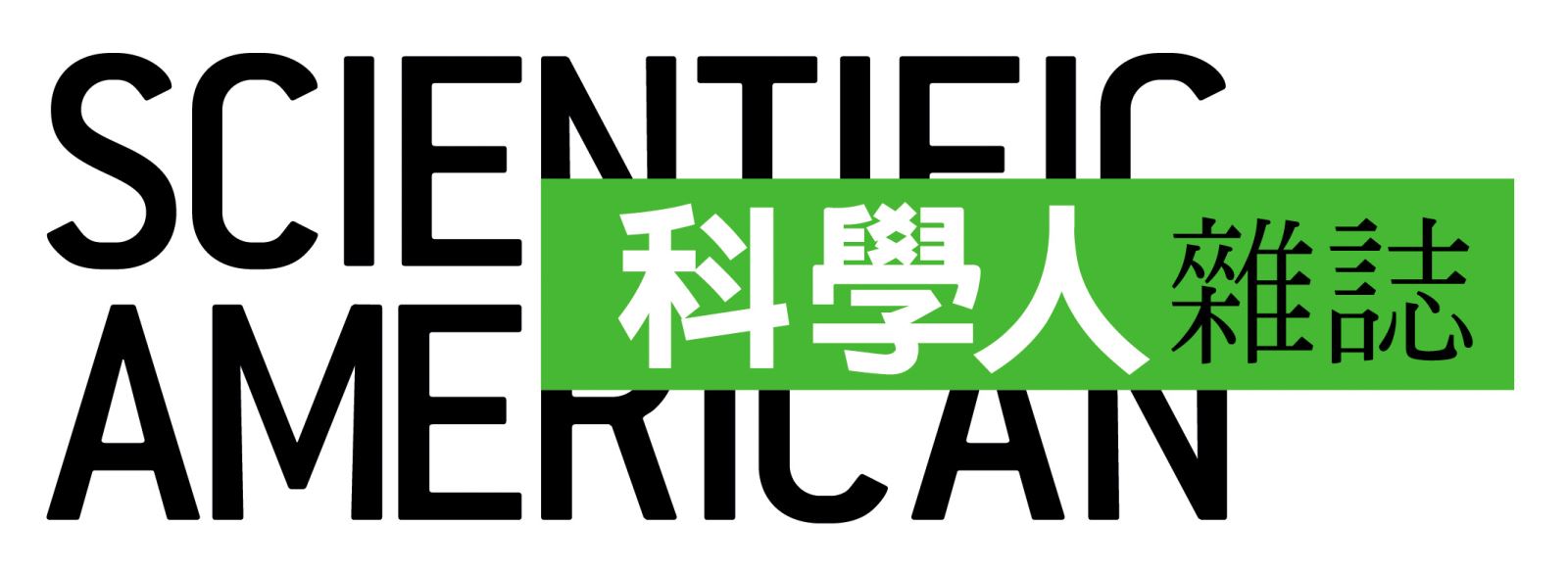Questionnaire
In order to get a better understanding of how the public think about our project, we decided to hand out questionnaires. The database of our questionnaires includes passersby, family, iGEMers, Taipei American School students, Internet users, children and villagers from Yi-Lan county.

Cooperation with the Modelling Group
With the data of our questionnaires, the modeling group on our team decided to find out the relationship between public acceptability of HOPE and the sweeping clinical efficiency of HOPE. The result is shown in the chart below. See more in [Modeling-Effectiveness]
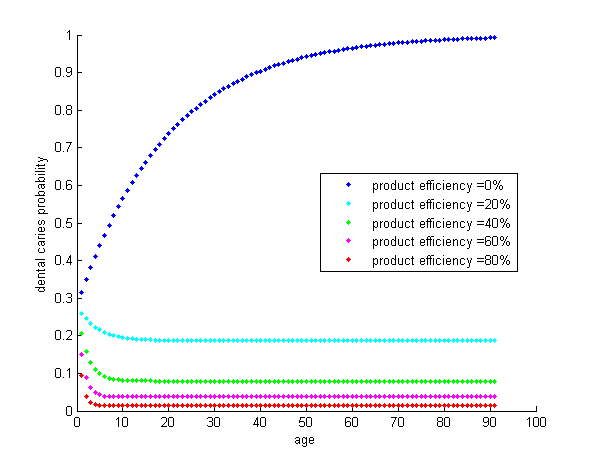
Figure 1: Effect of our product based on public acceptability questionnaire and sweeping clinical efficiency.
According to this chart, the blue line indicates the condition when a average individual does not apply HOPE. When the sweeping clinical efficiency of HOPE is higher than 20%, the fact that older people are more prone to cavities will be reversed. Additionally, the tooth decay rate will be suppressed below 10%, when sweeping clinical efficiency reaches 40%.
The significance of this chart is that if HOPE were to be proven to have great sweeping clinical efficiency in the future, HOPE can definitely inhibit the rate of cavities. This encourages us to move on and perfect our project, for we just might make a revolutionary change to the world!
The Public Acceptance of HOPE
To analyze public acceptance of HOPE, we divided the large database into three subgroups, including iGEMers, villagers and children from the rural areas of Yi-Lan county, and others. We were interested in their willingness to apply HOPE after being informed of the contents of HOPE. This includes uninformed at all, knowing that it contains probiotics, knowing that it contains E. coli, and knowing that it contains a kind of virus. The results are shown in the diagram below : "Public acceptance of the contents of HOPE".

Here we can conclude that the average acceptance of iGEMers for HOPE, probiotics, and E. coli are obviously higher than the other two groups. The villagers and children from rural areas of Yi-Lan have the lowest acceptance for contents of HOPE.

 "
"
